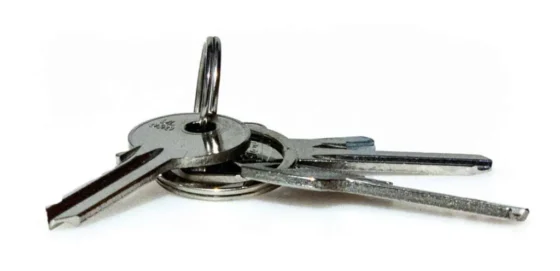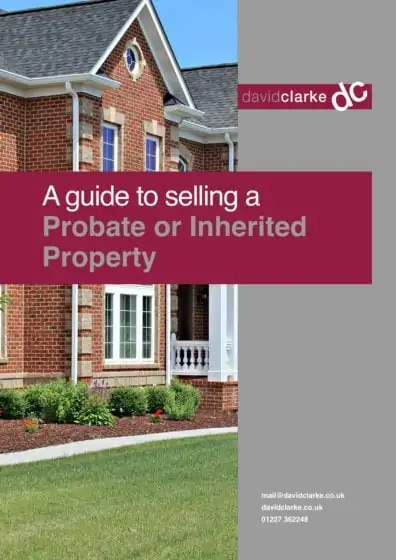Popular Searches
- Properties for sale in Herne Bay
- Properties for sale in Whitstable
- Houses for sale in Herne Bay
- Houses for sale in Whitstable
- Estate Agents Directory
- Free Mortgage Calculator
- East Kent Property Blog
- PropertyMark Membership
- Property Redress Scheme
- Clients Monies Protection Certificate
- Lettings Service Fees
- Tenant Fee Guide
Contact Info
- 01227 362248
- mail@davidclarke.co.uk
- David Clarke Estate Agents Limited
- 112 High Street
- Herne Bay
- CT6 5JY
- Company number 04659531





